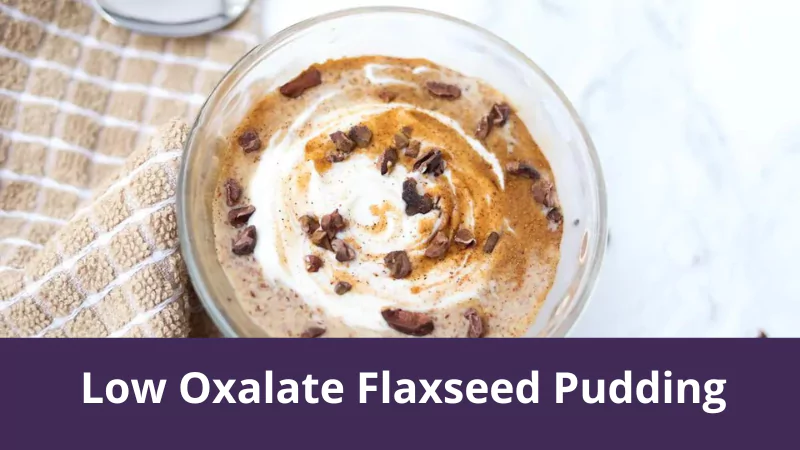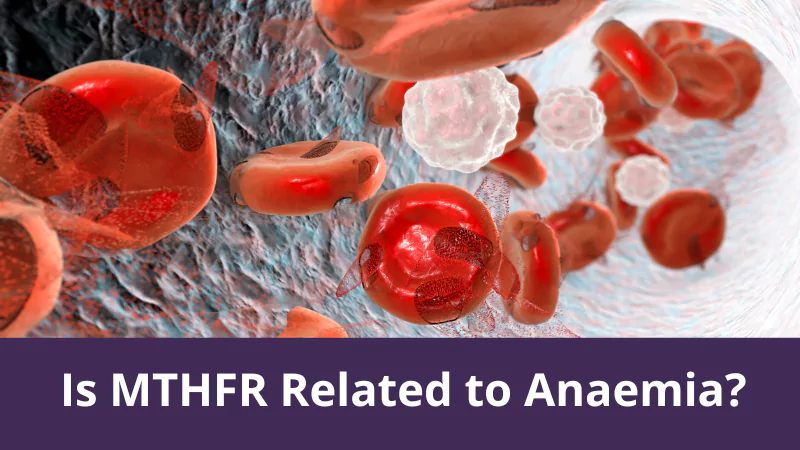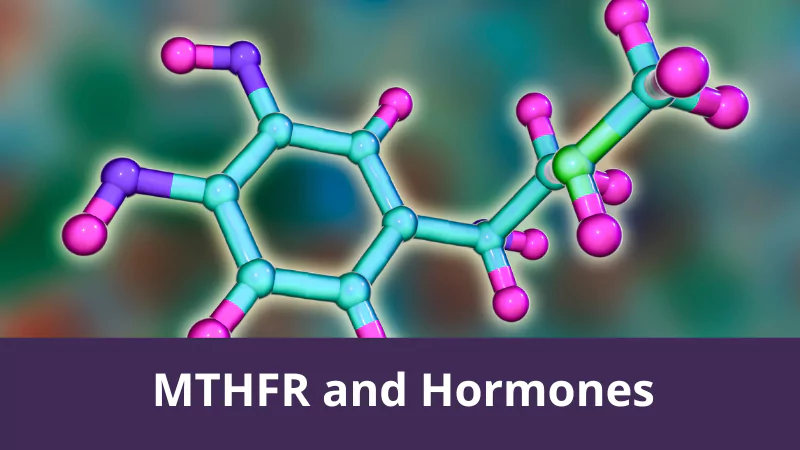
Folate or Folic?
You say folate, I say folic acid… let’s call the whole thing off? Paraphrasing the famous lyrics may help us remember that similar sounding words may not always translate to the same molecules! Folate has become an umbrella term used interchangeably to describe different forms of the basic vitamin B9: it can be easy to











